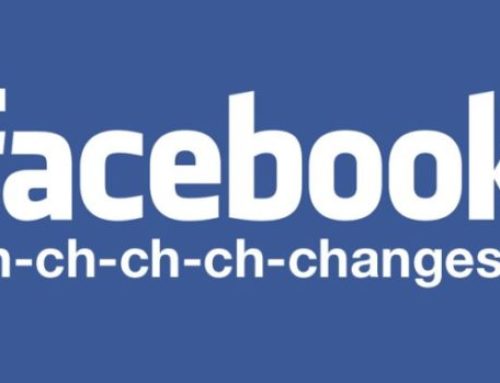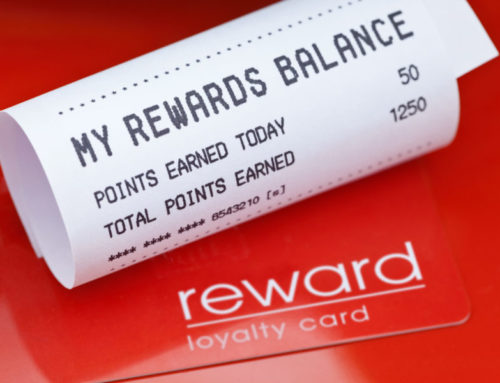Former Commercial Appeal sports editor Phil Stukenborg was first to scoop the news the Memphis Open professional tennis tournament is divorcing Memphis after 41 years at the Racquet Club of Memphis. Like most long-term break ups, it didn’t happen overnight and small differences ultimately led to the fact losing lots of money far from home is well, just not fun. Unfortunately, the same fate may await the Club itself.
In his column a few weeks ago, Geoff Calkins said no one is to blame for the tournament leaving and I agree. Many tennis fans were optimistic the event would continue even as tournament staff struggled to fill seats. Even the postcard placed on each seat at the end of this year’s tournament asking us to buy early and reserve seats for 2018 provided a glimmer of hope for one more year.
I’ll pass on next year’s tournament because watching tennis in Long Island in February isn’t on my bucket list.
You may ask why the tournament decided to leave? Here are a few oblivious reasons:
FedEx wouldn’t bite on title sponsorship. They’ve sponsored most everything the Memphis business community has asked of them. Yet headlining the Memphis Open would have been a favor, not a solid business decision. It would not have increased market share or added one single package to their daily sort. Not one.
There are few companies in Memphis with the means or the desire to spend $750k to $1 million over a three to four year period who could realize anywhere close to a return on investing in a 250 point ATP tournament.
ServiceMaster, the presenting or second tier sponsor, wasn’t renewing. Probably because Alan Haughie, the company’s CFO, recently retired. As both a tennis player and Racquet Club member, Haughie’s departure most likely ended ServiceMaster’s interest in the tournament.
The tournament lost its Social Appeal. Like the U.S. Open, you need to attract ticket holders who aren’t tennis players but would enjoy a competitive professional sports event. There’s not much incentive to watch a match between players you’ve never heard of with names you can’t pronounce. At least the 2017 champion, Ryan Harrison, fell in only one category.

The Memphis Open in its glory days. (MemphisFlyer)
The tourney was losing too much money for too long. Sources close to the tournament told me the 2016 tournament lost around $700k. Assuming the 2017 loss was less, finding a quick path to a positive number would be challenging, even with a title sponsor.
The tournament’s ownership wasn’t local. The folks from GF Sports were nice and affable and to their credit, they tried to make it work in Memphis. But as Southerners often say, “They weren’t from around here.” Most lived in the northeast so why not reduce your commute time by a few hundred miles and hold the event in your back yard. Other sources told me the decision to move the tournament was decided while this year’s tournament was in progress. Hats off to tournament director Erin Mazurek for giving it her all.
Attracting top-tier players was a challenge. John Isner, the second highest ranked American player on the ATP Tour, participated in an exhibition in Nashville the weekend before Memphis. Why didn’t he drive or fly 200 miles to play Memphis? Besides, the tournament had to pay other ranked players such as the Bryan Brothers and Kei Nishikori, a four-time Memphis Open champion, to play. Roger Federer, Rafel Nadal and other top 10 players were outside their pocketbook.

Jimmy Connors playing in Memphis during a 1992 match (Memphis Magazine)
Here’s why I believe the Racquet Club may soon fold:
The opinion of many club members is the majority of owners show little interest in making long-term improvements. While the pro shop was remodeled and a dome installed over the pool for off-season lap swimming, short and long-term maintenance has been deferred for years. Painting the parking lot black and not filling the potholes does not equate to a new parking lot.
The Racquet Club will lose several hundred thousand dollars in facility rent from the tournament. The number, somewhere between $500k to $1MM is too large to make up and if the club attempted to access their membership for anywhere close to that amount, they would go from 400 plus to about 50 members in a matter of hours.
Although the club’s ownership group is comprised of Memphians, few spend any significant time at the club outside of tournament week. If you watch the gates of the city’s more established private clubs you’ll find that’s where they spend the majority of their tennis/social club hours. I not saying that’s wrong, but if the core ownership is not engaged in their investment then neither will the members.
The Racquet Club’s general manger is paid a six-figure salary, is part of the ownership group, yet spends few hours each week at the club. Great private club GM’s require and deserve a healthy paycheck. But they also work 50-70 hours a week and have the pulse of their membership. You can’t delegate this to your number two.
Michael Chamberlain, formerly the club’s Director of Tennis, ran an excellent junior program and was a superb teaching pro. He is now leaving for a top position with USTA Tennessee. His departure will leave a huge void.
The club’s 10 outdoor clay courts need serious work. Playing on one can be compared to playing on a Destin beach. The cost of converting each to hydro clay is around $50k per court and I doubt the club will consider such expenditure when they are losing rental income from the tournament.
The food and beverage staff work hard but food quality and service in the restaurant is subpar for a private club. Moral and service levels have declined over time.
An email sent to RC members explaining the tournament loss also highlighted increased attention directed toward racquetball, squash and pickleball. All have small player participation rates and won’t attract dues paying members. Anyone in Memphis can play pickleball at the RC twice weekly for $3. Why join?
Club management doesn’t cater to member desires. Security personnel have been instructed to have the club closed and parking lot cleared by 9:45 p.m. each evening. Private clubs should be oriented toward members, not management.
Don’t get me wrong, I have long been a fan of the Racquet Club and there will be no shame in admitting I’m wrong if the club is still operating as a tennis facility in two years. Time will tell.
I know and like most of the staff at the Racquet Club of Memphis and truly want the club to continue. If they are going to do so they need to drastically improve member services, install Hydro clay courts and spend money on capital maintenance projects. Memphis needs a well-managed Racquet Club more than we need another East Memphis shopping center or condo development.
Maybe other local investors interested in seeing a private tennis club thrive will step forward, again.
Paul Stanley is the owner and founder of OneSouthernMan.com, a former journalist and state legislator. He is an avid tennis fan and player. He can be reached at paul@onesouthernman.com.






